God made all the numbers; everything else is human labour.
Leopold Kronecker, in a talk in 1886 given at the Berlin meeting of the Society of German Scientists and Physicians, and published in the annual report of the German Association of Mathematicians in 1893.
One sun, two parents, three meals a day, four seasons and five fingers: children soon discover that most things in life exist in a particular number which is more than just a sum total but actually expresses something, some quality of the thing in question. Thus the one sun shines on each of us, assuring us that we live in one world, a whole, a unity in which it shines. Two people lead us into life and two is visible everywhere: in above and below, good and bad, forwards and backwards, sleeping and waking, light and darkness, and even freedom and compulsion.
From the seven dwarves and the same number of notes in a scale, or the 23 chromosomes, through the 32 types of crystal in mineralogy to the 153 fishes which the disciples in the New Testament haul ashore from the Sea of Galilee, numbers in nature, culture and religion tell us something about how things are constituted, about the inner workings of the world. Yet ever since numbers came to designate a time of day, a distance in miles, or have been found on bank statements and price labels, Platos phrase about the world conceived in the language of mathematics has acquired a quite different resonance than intended by the Greek philosopher. Platos outlook has been superseded by a dictate of modern science formulated by Galileo Galilei: Science is what can be calculated and what cannot must be made so.
From number to wonder
Being able to measure and enumerate answers the question of how much, and helps us order the world so that we grasp it in a system; can plan and build within it. But this does not tell us why. It scarcely helps us to understand the world and the meaning concealed in it. The Swiss philosopher Karl Barth distinguished two forms of knowledge.
Knowing that aluminium conducts heat and electricity, understanding ATP metabolism within a cell, or being able to place the stability of metals in an ordered sequence, provides a basis for manufacturing machines and medicines. It is access knowledge because it gives us access to the world and its immeasurable wealth of things and creatures. This knowledge is the tool by means of which we have, more than in any other age, both pursued and misunderstood the Old Testament phrase of dominion over the earth.
There is another type of knowledge however, which also enumerates: not in order to amass number but to gain insight. Termed orientation knowledge by Barth, this knowledge gives relationship rather than power, participation rather than dominance; and repeatedly, the feeling which is the beginning of all philosophy: wonder. We are struck by wonder that there are seven oceans, seven colours, tones, and orifices in the head; and from this recurring number phenomenon an image forms so that step by step the inner characteristics of a number are revealed. Being, by its very nature, cannot be proven but must be felt and sensed. In searching for clues, mathematics, the sciences, culture and religion come into conversation with each other. It is part of the mystery of numbers that their intrinsic nature becomes apparent as a bridge across mathematical and cultural divides. Thus for instance, the perfection of six can be found both in Babylonian cosmology and religion, but also in the domain of arithmetic.
The calendar limit
When I embarked on these little monographs on the numbers, my scope was initially limited to 12 or at most 17. While I knew that we have 24 ribs, and that 28 is a perfect number, at the same time I imagined that after 20 it would scarcely be possible to stake a claim on the personalities of the numbers. I was all the more taken aback, therefore, when I became aware that even a number like 29 or 31 has a distinctive character which sets it apart from all others. Yet where do we stop? Naturally there are also greater, interesting numbers which soar above the landscape of numbers like mountains such as 33, the number of the sun and of Christs life, or the number 257, a prime number polygon that can be constructed as geometric solid, or Platos befriended numbers 220 and 284. In this book, the human being or the calendar has set the limit: our birth date gives each of us a particular relationship with one of the numbers up to 31.
The 31 accounts, of which 1 to 24 previously appeared in the journal a tempo, are excursions into the realm of number, their typical locus in the natural kingdom and in culture, which aim to help us understand anew Platos exclamation that the gods do geometry.
The spiritual character of numbers
While a child must be taught to write and shown the letters, counting is a little different. Children intuitively start to walk in a rhythm over the joins between pavement slabs and to whisper numbers as they do so. Later one finds that there is hardly any area without a relationship to numbers. Numbers order nature: from the arrangement of petals in the rose and lily through to the planets, where five belongs to Venus since, with the earth, it inscribes a pentagram in the sky, and twelve to Jupiter because this giant among planets takes twelve years to make its way through the zodiac, and is twelve times as big as the earth. Whereas natural constants such as the Euler number (e) 2.71828 and the number of the golden section (, phi) 0.61803 as well as  (pi) 3.14159 are irrational in other words have sequences that are apparently infinite, the natural numbers we are concerned with here have an unmatched simplicity. This simplicity reveals numbers high spiritual character. Rudolf Steiner showed yet another aspect of numbers when highlighting their spiritual value. He reminded us that we can do anything we like with them: although they serve to describe the highest, divine nature for instance the Christian trinity, or the three Indian gods Vishnu, Shiva and Brahma they can also be used for the most profane or even destructive purpose. According to Steiner it is precisely this selfless nature of numbers which elevates them or rather the spirit that casts them, as it were, as shadows into high spiritual spheres.
(pi) 3.14159 are irrational in other words have sequences that are apparently infinite, the natural numbers we are concerned with here have an unmatched simplicity. This simplicity reveals numbers high spiritual character. Rudolf Steiner showed yet another aspect of numbers when highlighting their spiritual value. He reminded us that we can do anything we like with them: although they serve to describe the highest, divine nature for instance the Christian trinity, or the three Indian gods Vishnu, Shiva and Brahma they can also be used for the most profane or even destructive purpose. According to Steiner it is precisely this selfless nature of numbers which elevates them or rather the spirit that casts them, as it were, as shadows into high spiritual spheres.
This book is a doubtless incomplete attempt to trace these shadows cast from the eternal realm so as to interpret them in a way that Plato would have recognised. The provisional nature of the accounts can serve as an invitation to readers to extend them themselves, by seeking out number phenomena in nature and culture. I wish every reader some of the inspiration and wonder that numbers are able to kindle when we acknowledge, with Pythagoras, that they are the essence of all things.
Prime numbers can only be divided by themselves, and not by any other number. In other words they have no factors.

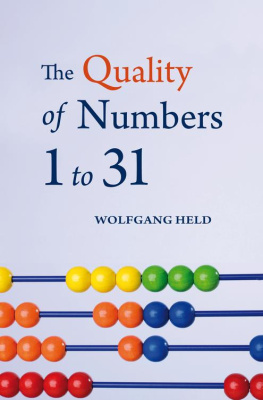
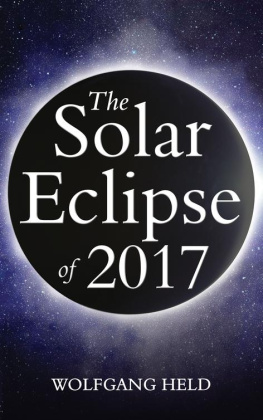
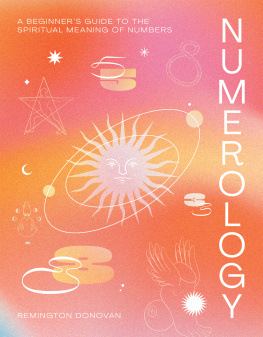
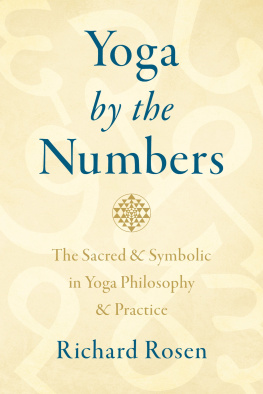

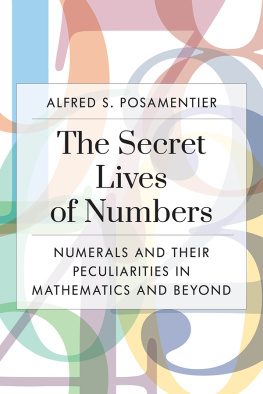
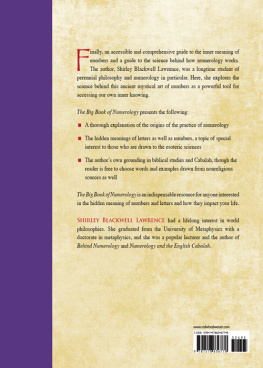
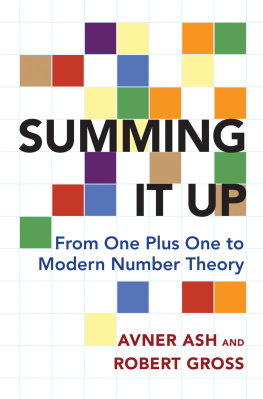
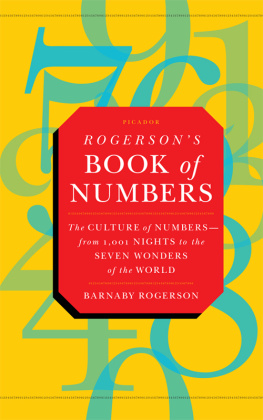
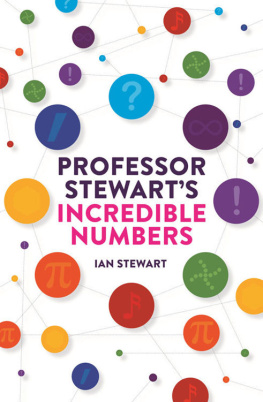
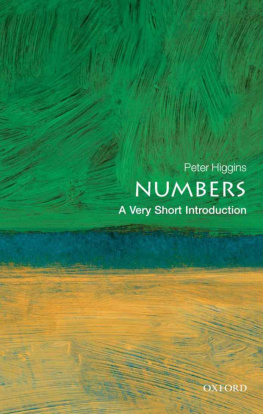
 (pi) 3.14159 are irrational in other words have sequences that are apparently infinite, the natural numbers we are concerned with here have an unmatched simplicity. This simplicity reveals numbers high spiritual character. Rudolf Steiner showed yet another aspect of numbers when highlighting their spiritual value. He reminded us that we can do anything we like with them: although they serve to describe the highest, divine nature for instance the Christian trinity, or the three Indian gods Vishnu, Shiva and Brahma they can also be used for the most profane or even destructive purpose. According to Steiner it is precisely this selfless nature of numbers which elevates them or rather the spirit that casts them, as it were, as shadows into high spiritual spheres.
(pi) 3.14159 are irrational in other words have sequences that are apparently infinite, the natural numbers we are concerned with here have an unmatched simplicity. This simplicity reveals numbers high spiritual character. Rudolf Steiner showed yet another aspect of numbers when highlighting their spiritual value. He reminded us that we can do anything we like with them: although they serve to describe the highest, divine nature for instance the Christian trinity, or the three Indian gods Vishnu, Shiva and Brahma they can also be used for the most profane or even destructive purpose. According to Steiner it is precisely this selfless nature of numbers which elevates them or rather the spirit that casts them, as it were, as shadows into high spiritual spheres.